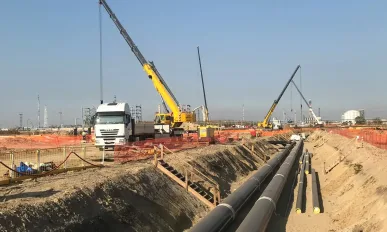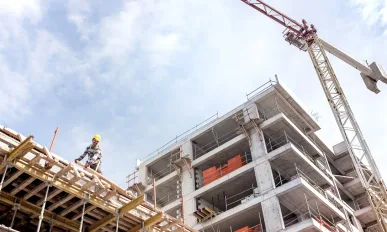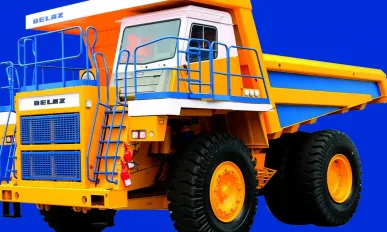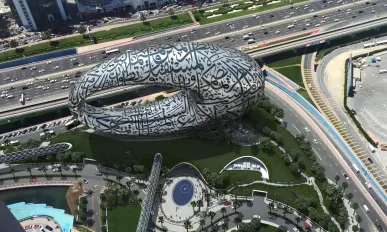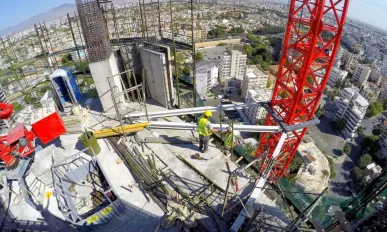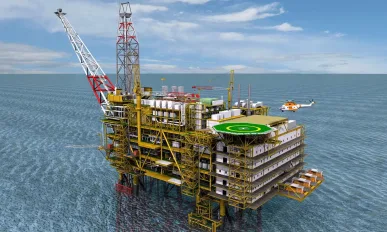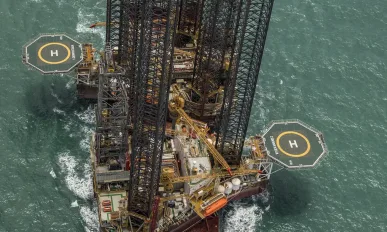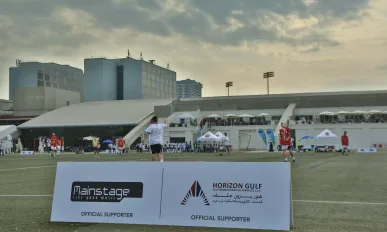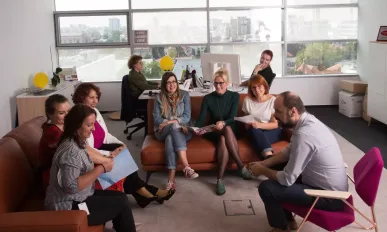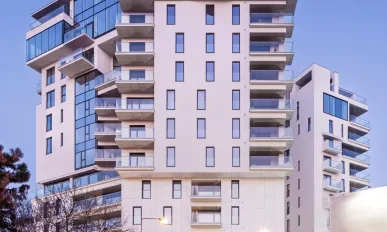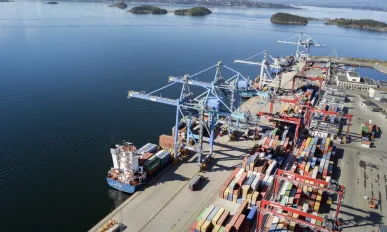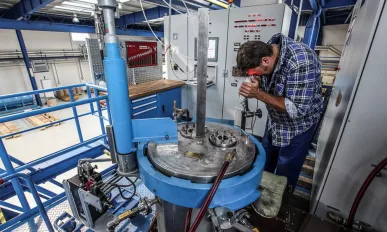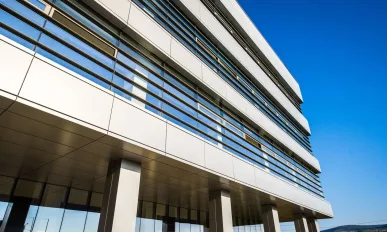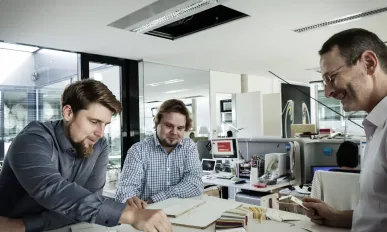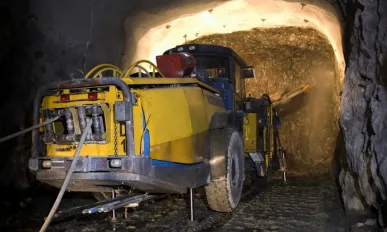Issue 33
Synergy Construct : Can-Do Contracting
With an eye for competitive contracting and a nous for operational excellence, the operations of Synergy Construct span Romania, Hungary and Georgia.. Savas Günata, Managing Partner, tells its story.
A.R. Hourie : A Lebanese Legacy
A.R. Hourie has been a mainstay in Lebanon’s construction industry for several decades, the firm involved in crucial infrastructure projects and a number of other high-end buildings.
BELAZ : Driving Forward
With a 73-year history built on a multitude of awards, innovations and advancements, BELAZ today stands as a crucial member of the Belarusian economy, its dump trucks and transport solutions found the world over.
BuroHappold Engineering : Building Brighter
For BuroHappold Engineering Middle East MD Andrea Scotti, collaboration, connectivity and creativity are crucial to the success of modern, innovative undertakings in today’s built environment.
Cyfield Group : The Complete Constructor
Cyfield Group is Cyprus’s most vertically integrated construction company, its enormous pool of machine and human assets enabling it to execute all project types with the client front and centre.
DORIS : An Engineering Ever-Present
Working with some of the world’s largest energy players, DORIS has become a well-established and critical engineering support partner on landmark projects across the globe.
Foresight Offshore Drilling : Safety. Efficiency. Reliability
Operating with innovative, agile tendencies, Foresight Offshore Drilling is proactively positioning itself as a spearhead of oil and gas excellence.
Horizon Gulf Electromechanical Services
An agile, ever-evolving business, Horizon Gulf has been able to capitalise on the booming prospects provided by Dubai and Abu Dhabi’s rapid economic development with its first-class solutions.
Macromex : Romania’s FMCG Revolution
Macromex has positioned itself to take advantage of the massive opportunity in front of Romania’s frozen food market, the company priding itself on innovation and quality across its operations.
Mazoon Dairy : Fulfilling a Vision
Mazoon Dairy embodies technological innovation and economic diversification, positioned as a leading light for Oman’s Vision 2040.
One United Properties : Building for Bucharest
One United Properties continues to execute award-winning projects which have not only made their mark on the Romanian capital, but also positively impacted communities within the city.
Port Of Oslo : Charting A New Course
In a pursuit of environmental excellence, optimised operational efficiency and growth, Port of Oslo is epitomising the new role of ports via a flurry of innovative initiatives.
Safina : Keeping Metals Precious
Safina has carved its own niche for maximising the value of precious and non-ferrous metal waste, its operations in the Czech Republic driven by innovation, sustainability and employee appreciation.
Transilvania Constructii : Romania’s Diligent Developer
Family firm Transilvania Constructii has set its sights on expanding its network of industrial parks around Romania, this having successfully completed a number of projects in its home region of Cluj-Napoca.
Hranipex : Cutting Edge
From its humble Humpolec-based beginnings, Hranipex has risen to become a crucial distributor and progressive developer of furniture edges in the European value chain.
Qatar’s Quest to Innovate for the Future
Innovation and technology development are vital to addressing Qatar’s priorities – climate change and environmental sustainability, water security, cybersecurity, and precision medicine.
European Mining Convention: European Mining Goes Global
The European Mining Convention (EMC 2019) is an international mining conference and exhibition that will take place at The Convention Centre Dublin, Ireland on December 3-4.
Mobica: The Prospects of Driverless Vehicles
VP of Automotive Sales Wolfram Ries and COO Stefan Marxreiter reveal how Mobica is embracing the autonomous driving market and what to expect from the space over the coming months.



